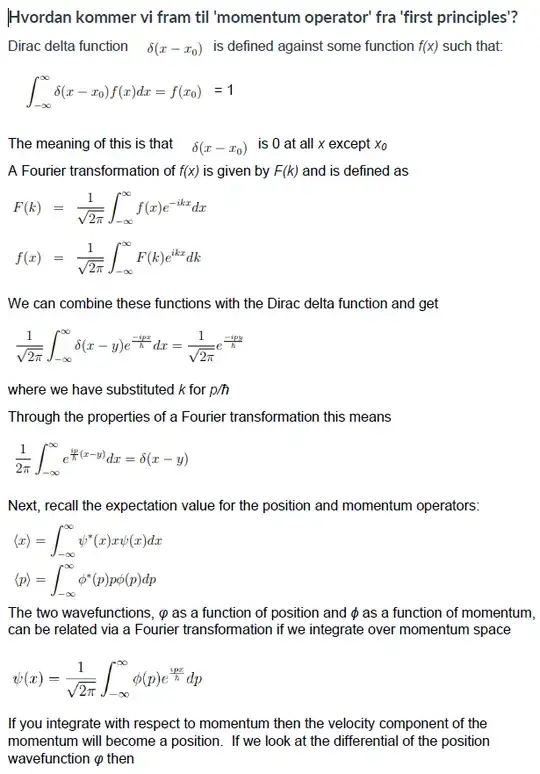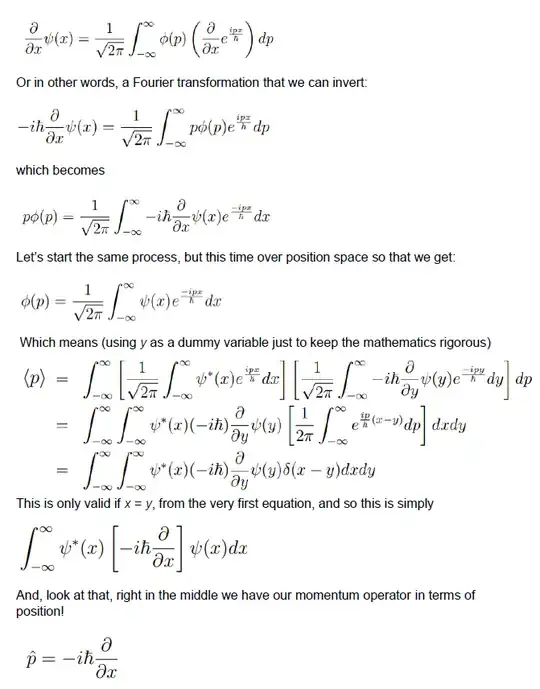The well known Heisenberg commutator relation $$[p,q]=\cfrac{\hbar}{i} \cdot \mathbb{I}$$ introduces the imaginary unit $i$ into quantum mechanics. I ask for the deeper reason:
Why does the correspondence with real coordinates q and p introduces complex numbers for the commutator? Is the reason from physics or from mathematics?
Aside: I'm familiar with complex numbers and with the fact, that some results from the real domain find a satisfactory explanation not until generalization to the complex domain.

